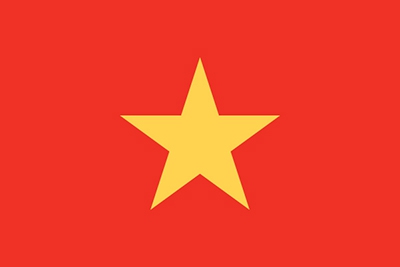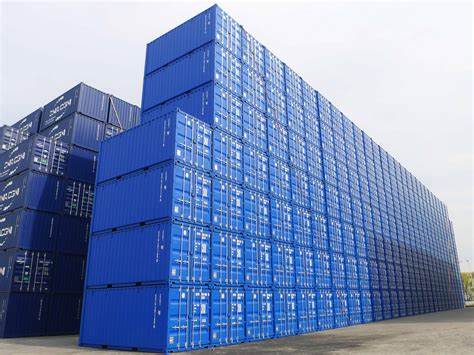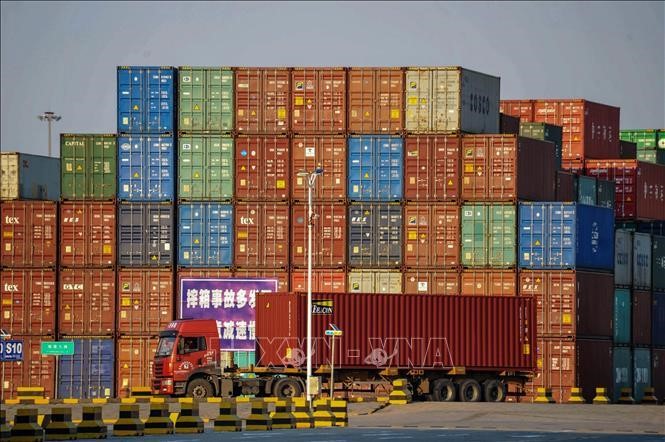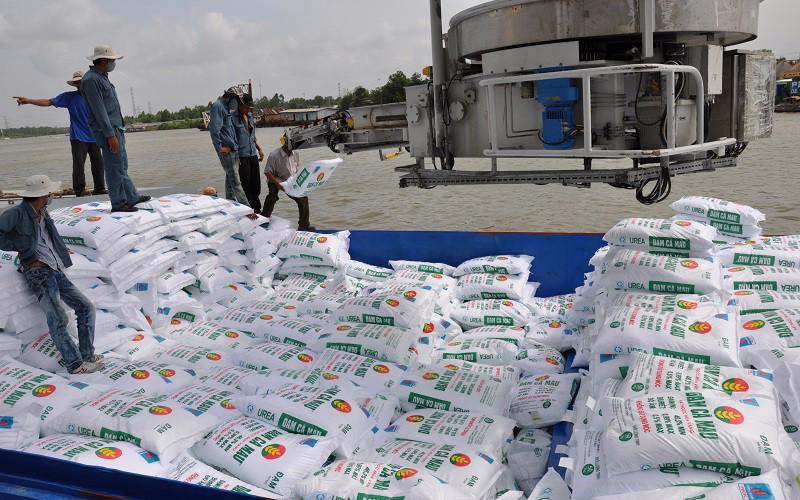LOGISTICS: WHAT IT MEANS AND HOW BUSINESSES USE IT
Logistics is a series of activities of production and supply of goods to transportation services to consumers. Logistics plays an essential role in ensuring the life cycle of your products and business operations. In this article, TLE will provide you with detailed information about what logistics is.
Logistics is a series of activities of production and supply of goods to transportation services to consumers. Logistics plays an essential role in ensuring the life cycle of your products and business operations. In this article, TLE will provide you with detailed information about what logistics is.
MAIN CONTENTS
1. What is logistics?
2. Logistics classification by process
3. Difference between Logistics and Supply Chain Management
3.1. Logistics' activities
3.2. Operations of Supply Chain Management
1. What is logistics?
According to The US. Logistics Administration Council (LAC): “Logistics is the process of planning, implementing, and controlling the movement and storage of raw materials of goods in the process, finished goods and related information from raw material procurement to consumption, in order to satisfy consumer requirements”.
Logistics was originally a military term used to describe how military personnel retrieve, store, and move equipment and supplies. The term is now widely used in business, especially by companies in the manufacturing sector, to refer to how goods are handled and transported along a supply chain.
Logistics plays an important role in the supply chain, especially in the current time when e-commerce platforms are booming. As a result, retailers, manufacturers and distributors are improving their logistics processes to meet customer demands for transit times.
 What is Logistics Industry?
What is Logistics Industry?
The core of logistics is the movement of goods from Point A to Point B. First, a company needs to choose the best mode of transportation (e.g. air or road) and the best carrier based on on cost, speed and distance, including the optimization of routes. In the case of global shipping, shippers need to be up-to-date on customs, tariffs, compliance and any related regulations quickly. Transportation managers need to document and track shipments, manage invoicing, and report on performance using dashboards and analytics.
Besides, order fulfillment is also a function of logistics services. Accordingly, to complete a transaction, items must be "picked up" from the warehouse according to the customer's order, properly packaged and labeled, and then shipped to the customer. Collectively, these processes include order fulfillment and are central to the logistics chain in delivering products to customers.
2. Logistics classification by process
Logistics service includes 3 processes, which are Inbound Logistics, Outbound Logistics and Reverse Logistics. Based on these processes, Logistics is divided into 3 categories as follows:
2.1. Inbound Logistics
As a process in Logistics, but what is inbound logistics, many people feel confused. Accordingly, Inbound Logistics means Inbound Logistics, including receiving and storing input materials from suppliers to enterprises. This process needs to ensure inputs such as optimal value, time and production costs. These transport lines need to be monitored very strictly for the production process to be smooth, risk-free and efficient.

Logistic has 3 processes: Inbound Logistic, Outbound Logistic and Reverse Logistic
2.2. Outbound Logistics
So what is Outbound Logistics? This is the concept of Output Logistics, including activities related to warehousing, distribution of products to recipients so that they are optimal in terms of time, location and cost to reduce product costs, profit for the business.
2.3. Reverse Logistics
Reverse Logistics is reverse logistics, this process includes activities to recover defective products, waste or scrap generated when distributing products for recycling.
3. Difference between Logistics and Supply Chain Management
Logistics is an important part of supply chain management (SCM). Sometimes the concepts of Logistics and supply chain management are used interchangeably. However, logistics focuses on transporting products and materials in the most efficient way. In contrast, SCM includes a series of activities such as supply chain planning (SCP), demand planning, sales planning (S&OP), supply chain execution (SCE). As follows:

Logistics and Supply Chain Management have many differences
3.1. Logistics' activities
Logistics is an intermediate stage of transportation between suppliers and consumers. This service includes freight operations, fleet management, inventory management, supply and demand planning. Besides, Logistics also undertakes work related to sourcing input materials, planning.
3.2. Operations of Supply Chain Management
Supply chain management is the combination of the four factors of production, inventory, location and transportation. This combination aims to meet the needs of the market quickly and efficiently. Supply chain management activities will include logistics management, including planning, sourcing, and logistics operations.
Hopefully, through the above article, you have understood the basic concept of Logistics and how it plays a role in business activities of enterprises.











